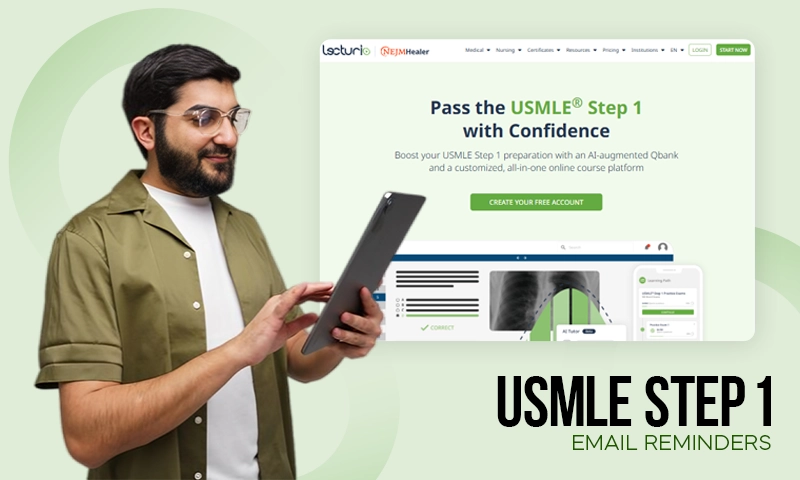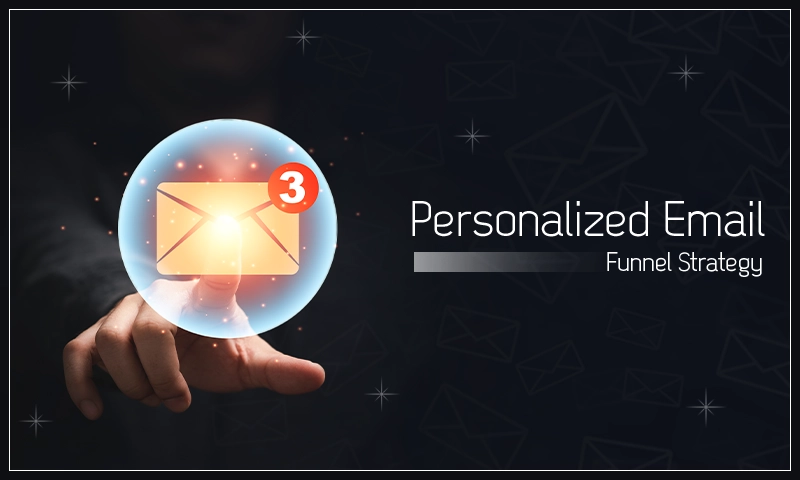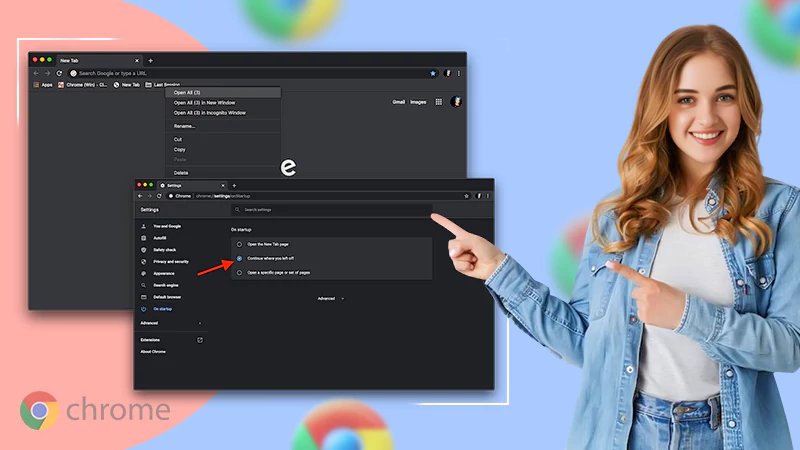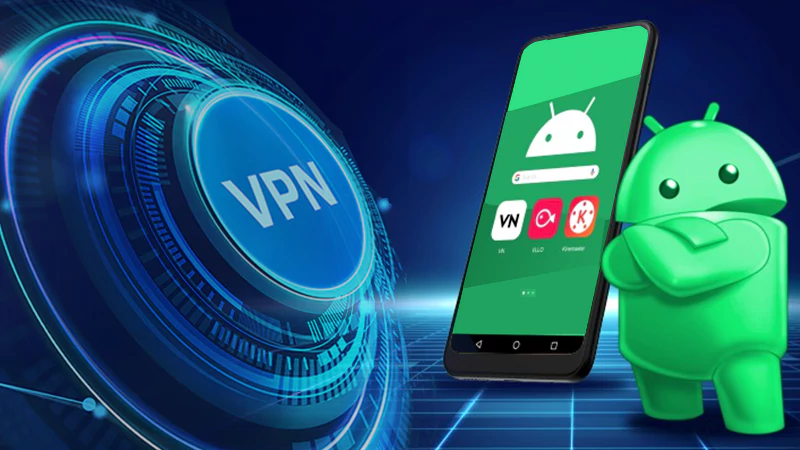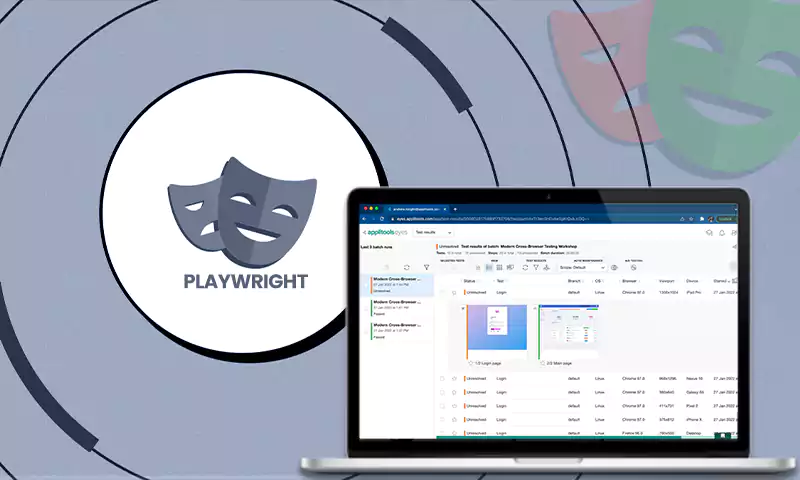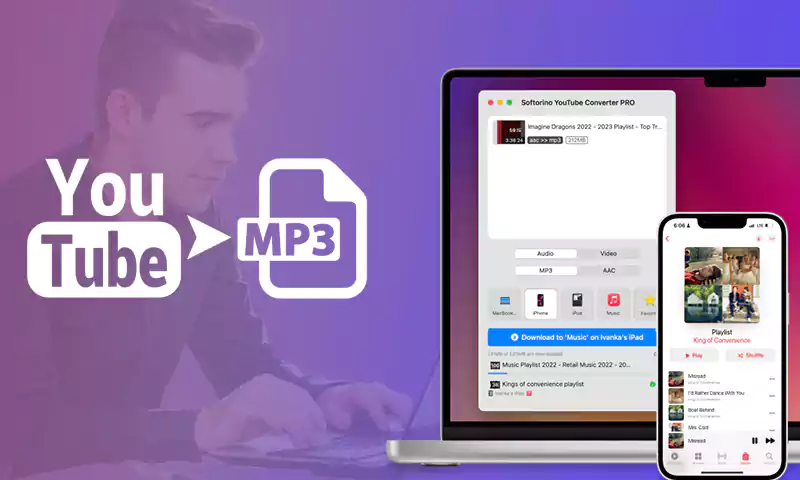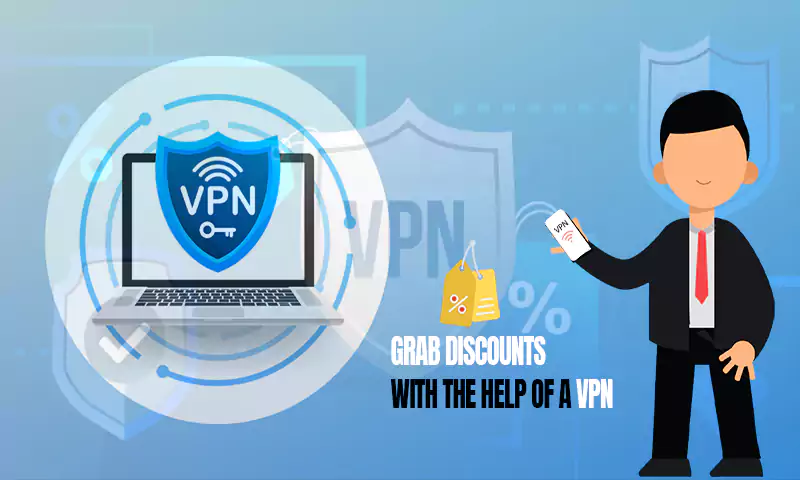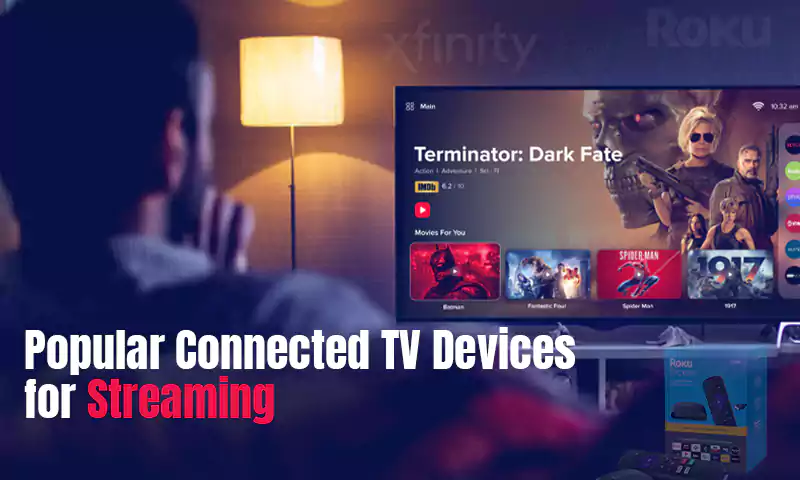Key Aspects of Using VPN and Proxy on Android
Introduction
VPN and proxies have become buzzwords lately. For most Android casual users, both are just apps that can help bypass geo-restrictions and access some blocked websites. So, they suppose switching on an Android proxy server app or connecting to VPN means masking their real IP, and that’s it.
However, both VPNs and proxies can serve many more purposes. Besides, they are not actually the same. The main difference between them is the level of security you get — but let’s get first things first.
What is a Proxy?
When you enter any web resource, your device sends a request to its server. The server recognizes your IP address and gives you access to content — or not. If you use a proxy server app, it becomes a third party between you and the web source. Your device connects to this server, gets another IP, and the site doesn’t recognize your real location.
So, in short, what a proxy basically does is hide your real IP, masking it under another one. In fact, anonymity is just one of many advantages you can get when you use a proxy on an Android device or your PC. So what does a proxy do on your phone?
Why do People Use Proxies on Android?
Using a proxy for Android has a range of advantages, and here they are:
- Privacy. If you want to make it harder to track you, a proxy server app will hide your IP and your real location.
- Access to restricted sites. For instance, if you want to google something in China from your phone’s browser, proxies can help.
- Hiding real IP for selected sources. You change your IP for a particular app or site. It is convenient when you need to visit both restricted sites and sites that are only available in your country.
- Enhanced connection speed. Proxies cache data from sites you visit and show you a shrunk version. It takes less time for a page to download this way.
- SMM purposes. Post planning, mass-liking or following, and other activities related to promotion might lead to an account ban. A proxy protects your IP and hides such an activity.
Possible Cons of Using Proxies
Proxy is a good solution for mobile phones and works best when you need to quickly enter a restricted site on the go. However, it doesn’t always protect you as well as you wish to. Here are some nuances you need to know about using an Android proxy:
- A server owner has access to your traffic history. This is why a free proxy server for Android is not the safest option. Many such companies sell your traffic to marketers, who later use it to overwhelm you with target ads. So, read reviews and compare various options before getting one.
- Proxies make it harder to reveal your original IP. However, it’s still possible — especially when someone experienced is willing to do so.
- Proxies don’t work for all apps that you have on your Android device. Instead, you will need to sort out your Android proxy settings for every particular app.
How Much is a Proxy Server?
The price depends on many factors: server type, quality, the volume of data you need, and more. For instance, the price for residential proxies depends on bandwidth and starts from approximately $2 per GB. The other options like shared proxies can be as cheap as $10 per month.
Also Read: Why VPNs are Blocked By the Streaming Sites?
What is VPN?
VPN or a Virtual Private Network is also a mediator between your device and a server that hides your real IP. However, unlike proxies, it encrypts the whole traffic, so nobody, including the government and your ISP, can see it.
Still, a VPN provider itself can see your data. Many of them, though, stick to the zero-log policy and don’t keep any information you share. Overall, the main feature of a VPN and its major advantage over proxies is a high level of privacy and security.
Why People Use VPN on Android
A virtual private network does the same things that proxies can but enables a higher level of protection. It’s especially important when you use public networks, like free Wi-Fi in a coffee shop.
- Traffic and data protection. Thanks to the 265-bit encryption, the private network keeps your data safe from cyberattacks.
- Bypassing restrictions for streaming services and apps. It gives you access to, say, Instagram and Netflix in China and any other blocked sources worldwide.
- Hiding your private data from marketers. A private network encrypts your activity and doesn’t allow collecting your data for further usage. Besides, zero-log VPNs won’t sell your data to any third party.
- Easy configuration. VPN is easy to download and set: it takes a couple of clicks in Google Play.
- Full protection of the whole traffic. A private network applies to all apps and browsers you have on your device.
Possible Cons of Using VPN
Like proxies, VPNs have particular disadvantages. Besides the most apparent one, which is coping with a rogue provider, there are some more:
- It can slow your Internet traffic. Depending on an encryption protocol, your connection speed might slow down. However, it’s not always a thing.
- A trusted service can be pretty expensive.
How Much is a VPN?
The average price of a VPN for Android is approximately $12 per month. Some services offer a discount and extra features when you purchase an annual plan.
What is Better, after all?
Both technologies will do their job as they are supposed to if you choose the right product. Many free VPNs and proxies simply don’t work correctly and, what is more essential, might be unsafe.
Still, if we are speaking about trusted service providers, your choice will depend on your needs. In short, both options can hide your IP address and enable anonymous browsing. However, VPN is better when you want to make sure all your data is protected. At the same time, proxies are usually cheaper and more flexible in settings.

Share



